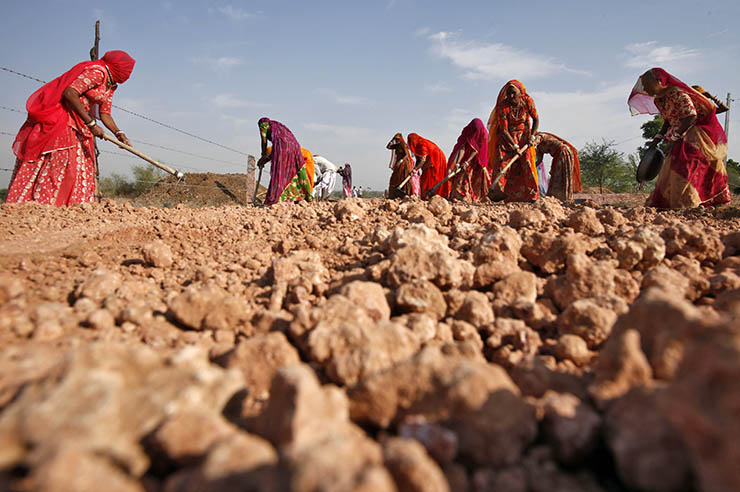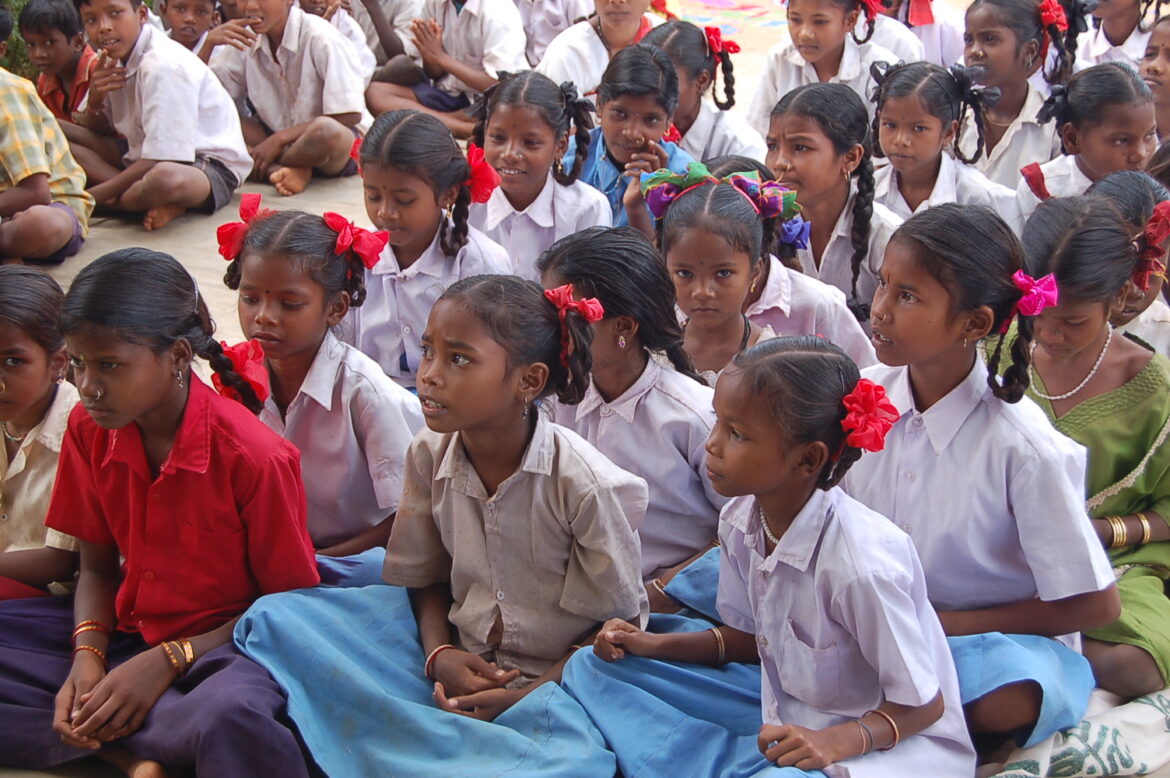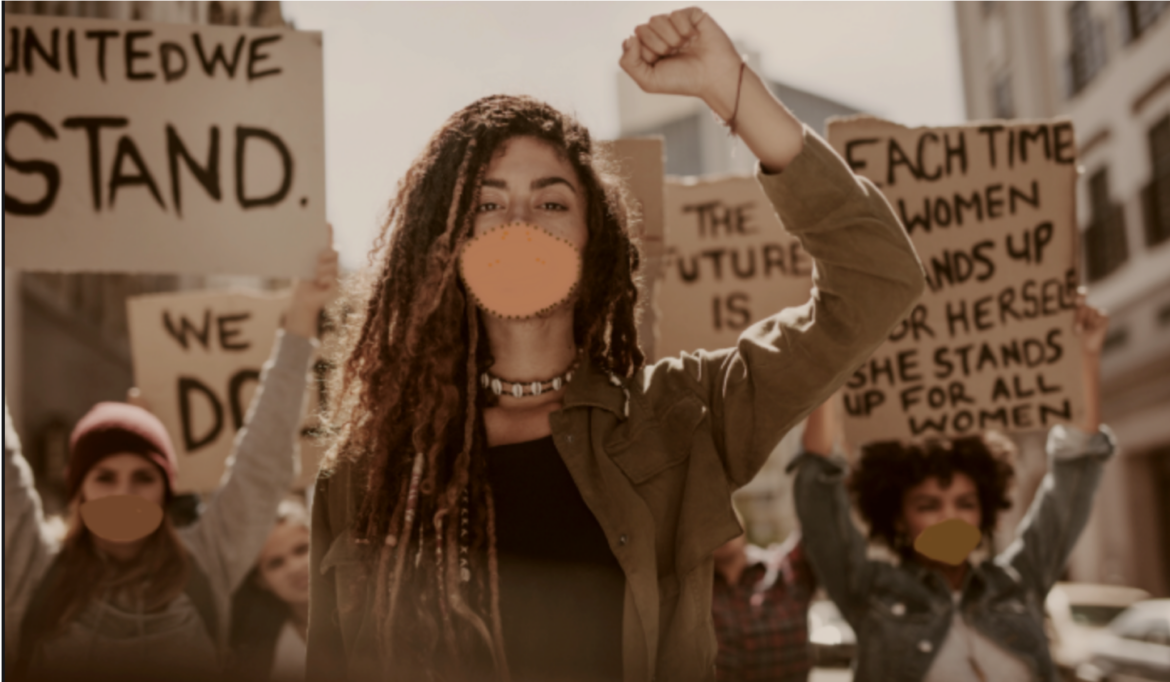By Bhoomika Chaudhary
When I first visited Karauli in Rajasthan for work, I was shaken! I saw unfathomable misery around. Village after village filled with widows of sandstone workers affected by a deadly disease called Silicosis. They are drowned with debt, without enough money for their children’s education, food, health or other necessary expenses.
I wanted to do something to alleviate their misery and bring about the change I wanted to see. We are taking the first step towards that by starting a project, with an incredible NGO Daang Vikas Sansthan, to support such widows by providing a source of livelihood.
This will be done by giving them goats. These goats will give them milk and curd for many years before they can be sold in the market for money.
Please come forward, donate and become a part of someone’s life who needs you!
Payment details can be fetched by sending a message to +91 91363 65065.
Watch Here :
जब मैं पहली बार राजस्थान में काम के लिए करौली गई थी, तो मैं हिल गई थी! मैंने चारों ओर अथाह दुख देखा। सिलिकोसिस नामक घातक बीमारी से पीड़ित बलुआ पत्थर श्रमिकों की विधवाओं से भरा गांव दर गांव देखा। वे अपने बच्चों की शिक्षा, भोजन, स्वास्थ्य या अन्य आवश्यक खर्चों के लिए पर्याप्त धन के बिना, कर्ज में डूबे हुए हैं।
मैं उनके दुखों को कम करने और मैं जो बदलाव देखना चाहती थी, उसे लाने के लिए कुछ करना चाहती थी I हम एक एनजीओ ‘डांग विकास संस्थान’ के साथ एक परियोजना शुरू करके उस दिशा में पहला कदम उठा रहे हैं, जिससे ऐसी विधवाओं को आजीविका का स्रोत प्रदान किया जा सके।
यह उन्हें बकरियां देकर किया जाएगा। पैसे के लिए बाजार में बिकने से पहले ये बकरियां उन्हें कई सालों तक दूध और दही देती रहेंगी।
कृपया आगे आएं, दान करें और किसी ऐसे व्यक्ति के जीवन का हिस्सा बनें जिसे आपकी आवश्यकता है!
भुगतान विवरण +91 91363 65065 पर संदेश भेजकर प्राप्त किया जा सकता है।
यहां देखें:





